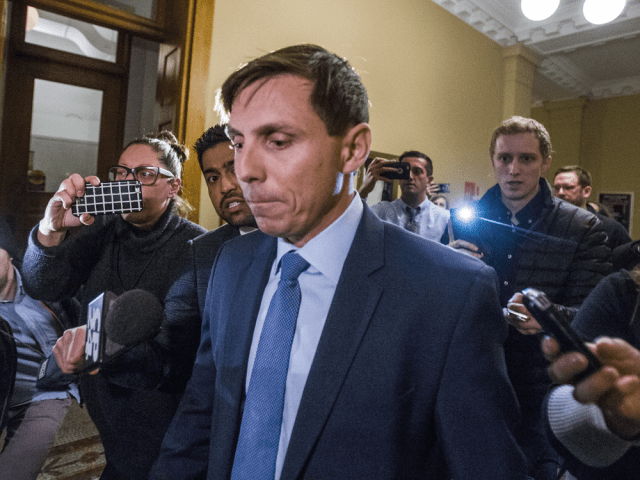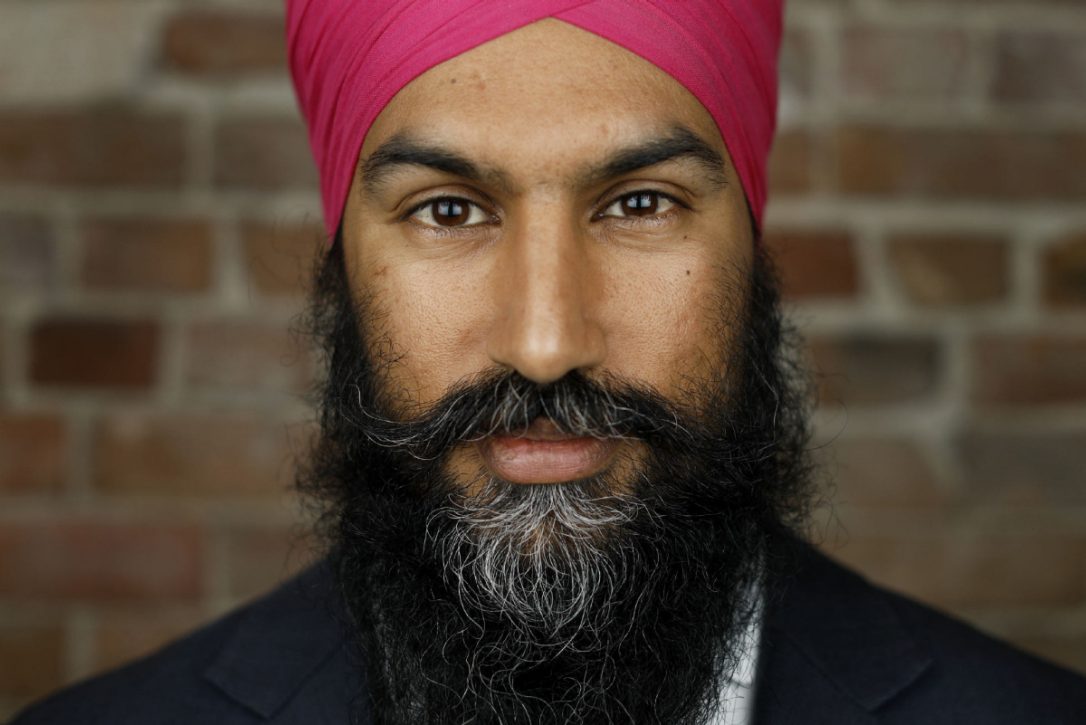People would still have you believe that in his inglorious ousting from the leadership of the Progressive Conservatives, Patrick Brown was denied his sacred right to due process.
Here, just this week, the Toronto Sun published an editorial "Due process casualty in Brown scandal." The argument goes, essentially, that Brown was accused of some bad behaviour, but he denied it. Rather than weighing these things against each other and judging them, he was tossed down the steps of Queen's Park almost as fast as he could run down them.
It has the veneer of being compelling. Why was this man so summarily tossed out on his ear? He denied it after all. And now a hole has been poked in the story: one of the accusers now says she was a year older — and therefore of drinking age — when she alleges Brown's misconduct took place. In a new interview with Global News, Brown continues to insist on his innocence, pointing to this inconsistency and others to paint the whole enterprise as false.
So with all this coming to light, shouldn't he have been given a chance to prove himself innocent before he was removed as leader?
Well, no.
For starters, being a politician is not your usual job. Party leader, even less so. Brown isn't out there pushing paper in accounts receivable. You can't just suspend him pending the outcome of an investigation, and know the organization will carry on without him.
This is a political party. He was the face, the voice, and the guiding hand of an entire political movement. He was credibly on track to become the premier. And in a matter of months he was going to ask the people of Ontario to give him their votes.
From a point of pure political self-interest, how do the PCs keep the guy on?
We haven't even got to the point of whether the allegations were credible. I don't think the newly revealed inconsistencies make the whole of the allegations false. But my judgement doesn't really matter on this point.
What mattered was what his colleagues thought. And they seemed to think everything was credible enough. His staff, the people in his office closest to him, thought the allegations credible enough they told him he should resign right away. Brown ignored their pleas, and instead gave a ghastly press conference where he denied everything, said he would be sticking around, and finished by being chased from the building. His staff resigned, en masse, in the ensuing minutes.
Okay, so his hand-picked staff thought there was enough credibility to the allegations to want him gone. But if his fellow PC MPPs stood by him, he could totally ride things out. They offered him so much support Brown resigned as leader before dawn broke.
And it's worth noting through all this, Brown still has a job. He's still an MPP for Barrie, where he draws a not-insignificant salary. He's also still a member of the PC caucus. He's not ruined, not yet. He can still face his constituents in the next election and see if they'll vote him into the legislature for another term.
But still this due process cry goes around.
What due process amounts to in a case like this is essentially everyone pretending they didn't hear anything, didn't see anything, until some unknown point in the future when the full truth is known. In the mean time, everyone should just, I guess, go on as if whole thing just didn't happen. For this fantastic version of due process to run its course with no consequences, we'd all have to ignore the matter of Brown's possibly dubious moral character and predatory nature and let it slip into oblivion while we wait.
We're supposed to put it all aside because we don't know who's accusing him, and we weren't there, and there's not a jury around to convict or acquit, and the timeline is off, and on and on. In a few months, we're to imagine that people of all kinds should vote for this man because there has been no legal judgement.
But this isn't a court of law. Political office isn't held on the basis of being legally innocent. Political leadership isn't an inalienable right. There's no guarantee you get to be premier.
In the court of public opinion, no one is trying to lock him up, to deprive of him of his liberty. No one is forcing him to pay anyone an indemnity of some kind. His reputation is badly scarred, but if he can prove himself wrongly accused, that he's utterly blameless, there's no reason to think he couldn't make a comeback. Everyone loves a comeback.
The court of public has judged him not for the gaol, but for the backbench.
In the end, it doesn't really matter whether Brown's ouster was based on moral calculation, or political calculation. The answer was the right one, he had to go.








